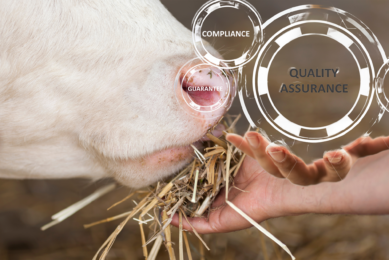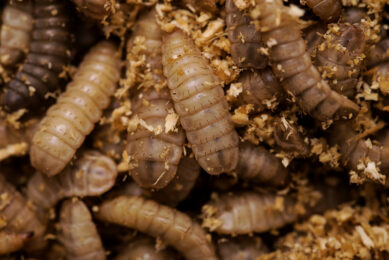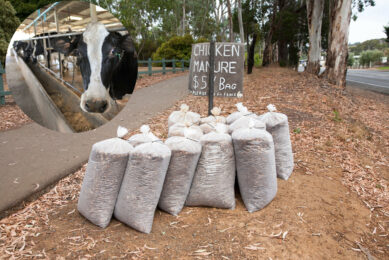EFSA opinion on taurine and beta-carotene as feed additive
EFSA’s Panel on Additives and Products or Substances used in Animal Feed (FEEDAP) published a scientific opinion on the safety and efficacy of taurine and of beta-carotene as additives to feed and water for drinking for all animal species.
Taurine is an essential beta-amino acid for some species. Taurine is not incorporated into proteins and is found in the tissues of most animal species in its free form.
Taurine is involved in a number of physiological processes including bile acid conjugation, osmoregulation, neuronal excitability, inflammatory reactions and glucose metabolism.
In some animal species low dietary levels of taurine have been associated with retinal degeneration, dilated cardiomyopathy and growth retardation.
The Panel concluded that the use of taurine as an additive for all animal species would not raise concerns about consumer safety.
Synthetic taurine in the diet of cats, dogs and carnivorous fish is considered efficacious. In the case of poultry, pigs and ruminants, no studies demonstrating beneficial effects of taurine supplementation on performance, health or product quality have been found.
In laying hens, dietary supplementation with 0.25–0.5 % taurine has been shown to have an adverse effect (reduced egg weight).
Beta-carotene
Beta-carotene, an isoprenoid compound, is synthesised by plants and microorganisms. It is used in animal nutrition mainly as provitamin A.
The FEEDAP Panel concludes that the use of beta-carotene is safe for the target animals. Setting a maximum content in feed legislation is not considered necessary.
However, this conclusion assumes that triphenylphosphine oxide does not exceed 100 mg/kg additive.
The FEEDAP considers it prudent, in the absence of an acceptable daily intake, that supplemental beta-carotene in animal feed should not significantly add to consumer exposure from other sources.
The Panel considers that the use of supplemental beta-carotene in feeds of food-producing animals, except veal calves, would not result in a significant additional exposure of consumers to beta-carotene.
Although frequent calf liver consumption is limited, the FEEDAP Panel concludes that unlimited use of beta-carotene as an additive to milk replacers may be of concern as regards consumer safety, due to accumulation of beta-carotene in the calf’s liver.
The Panel formulated some recommendations, particularly concerning the specifications of the additive, including triphenylphosphine oxide, a maximum content in milk replacers, the restriction of its use to premixtures and the avoidance of any use in water for drinking.











